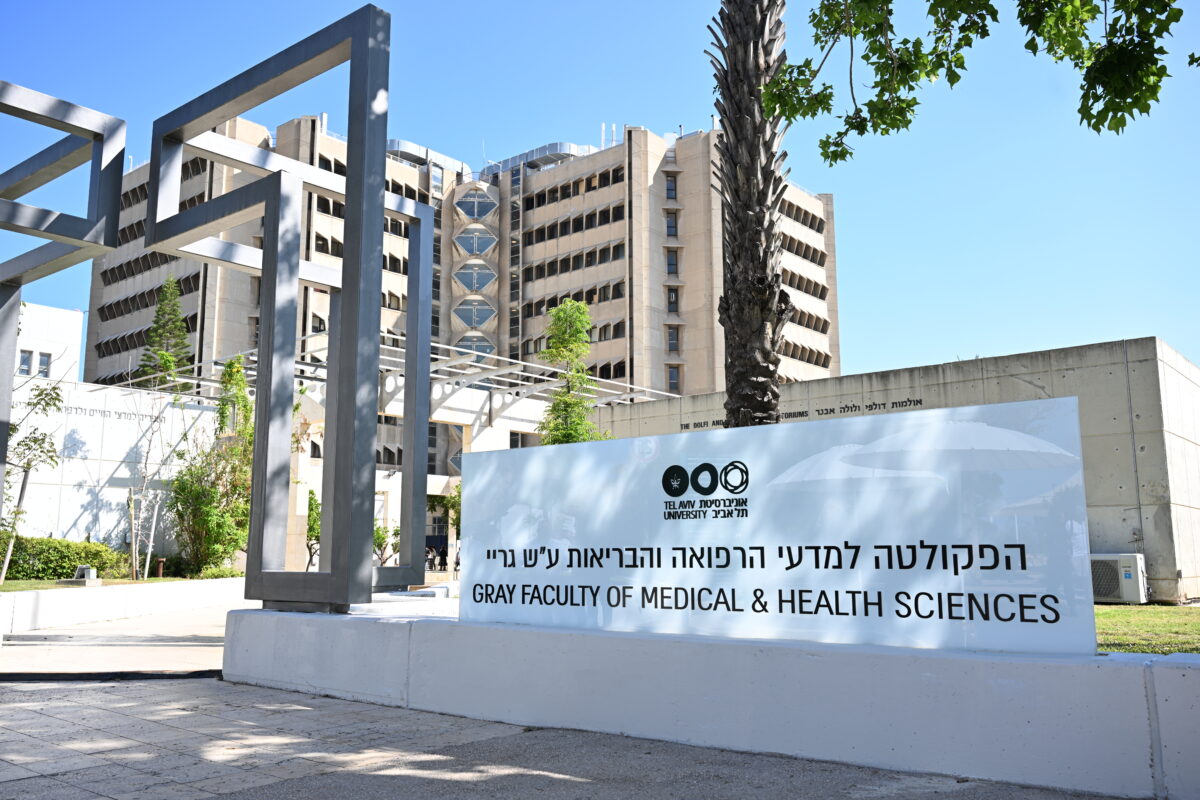Zia Saberi had worked for the U.S. military in Afghanistan for nine years in the mid-2010s, so when the Taliban took control of his country in August 2021, he and his family had to go into hiding. That December, they were granted Special Immigrant Visas, and they made their way to America, first living on a military base in New Jersey, and then finally arriving in Denver, their new home, in February 2022, where they were greeted by a crowd of friendly faces.
The group waiting for them was their Welcome Circle, formed through local congregation Rodef Shalom under the guidance of HIAS. “They gave us dishes, mattresses, pillows, television, dining chairs, dining table, whatever we need,” Saberi told eJewishPhilanthropy.
The Welcome Circle lined up housing for the Saberi family, and over the next several months, members of the congregation took the family to medical appointments, enrolled Saberi’s wife in English courses and his sister in high school, and helped with finances and legal issues.
This is just one story of refugees being helped by the Welcome Corps, the first U.S. government private refugee sponsorship program in almost 40 years, under whose auspices the Welcome Circles operate. Although Welcome Corps programs have been running in different capacities for two years, the U.S. government formalized the program on June 13, and HIAS was announced as one of 12 partner organizations.
Under the program, HIAS guides the formation of the Welcome Circles, groups of five or more people, often formed through synagogues, to help refugees settle into their new lives. Currently, HIAS has 114 circles in 26 states serving nearly 400 refugees.
“You only have one opportunity to make a first impression and so you need to make sure that people feel welcome and have a good initial entry into the United States and into their communities in order for them to succeed,” Mark Hetfield, president and CEO of HIAS, told eJP.
Federal support to refugees is time-limited, he said, so it’s essential that they are self-sufficient within six months before they lose services. The average Welcome Circle supports a family for six to nine months.
“You want to have these people be placed in a community where they can stay longer term and where there are others in their community that they can have a network with,” Hetfield said. “This is setting them up to be independent. From the time they arrive, it’s like having your college-aged kid move out of the house, not move into the house.”
During the Trump administration, budget cuts left resettlement agencies “eviscerated,” Hetfield said, so when the U.S. evacuated over 122,000 people from Kabul, Afghanistan, in summer 2021, agencies weren’t prepared. They needed to search for alternative ways to help, and the Welcome Corps was born, modeled after a similar initiative in Canada. By the time the U.S. faced the Ukrainian refugee crisis, which began when Russia invaded in February 2022, agencies were prepared to jump in to help, with Welcome Circles often forming within days when needs arose.
Welcome Circles completely fund the refugees themselves, with each group raising at least $2,275 per refugee. “That’s the basic number needed to enter the program, but we insist that the number has to be higher than that,” Hetfield said. “We help them to calculate what the realistic cost is for them to work with the resettled family.”
Jewish congregations are the perfect environment for Welcome Circles to form, Isabel Burton, senior director of community engagement initiatives at HIAS, told eJP, because they have structure and a community to gather resources from.
“We’ve heard so many times how the groups have formed close relationships, especially coming out of COVID when people haven’t had as much personal interaction,” Burton said. “We’ve also had a number of rabbis saying, ‘This has been incredible for our congregations. It’s created a whole new life for us. It’s brought new people in.’”
When Hannah Baldwin joined the Welcome Circle that worked with the Saberi family in Denver, she was new to the Rodef Shalom community. “This was a good way to get involved and meet other people and do something that I care about,” she told eJP.
She wanted to help because she knew how difficult it was for refugees. “It’s so overwhelming to move to a new place, to deal with a language barrier, to deal with cultural differences, and to be carrying trauma and not know if you’re gonna get to see some of your other family members,” she said. “This is how every refugee who comes to the country should be welcomed, having a supportive group of people to help schedule medical appointments and help get mental health care and ESL classes and enroll in school and all of the things that you need to do to become an independent person in the new society.”
Although Baldwin and the Saberi family are still in touch, the family is fully independent. “They don’t need us,” she said. “It’s just so cool that they’re living their lives now.”
Being a part of the program wasn’t easy, she said. “It can be emotionally taxing… I wouldn’t do it again immediately, but I would absolutely do it again.”
Today, Saberi works as an inventory specialist for the International Rescue Committee, a refugee resettlement agency. His wife is expecting a baby, and his sister is one of the top students in her high school class, getting straight As.
When Saberi’s brother and sister recently arrived in Denver, he was there to greet them, excited to help guide them into their new lives.
Credit:Source link



